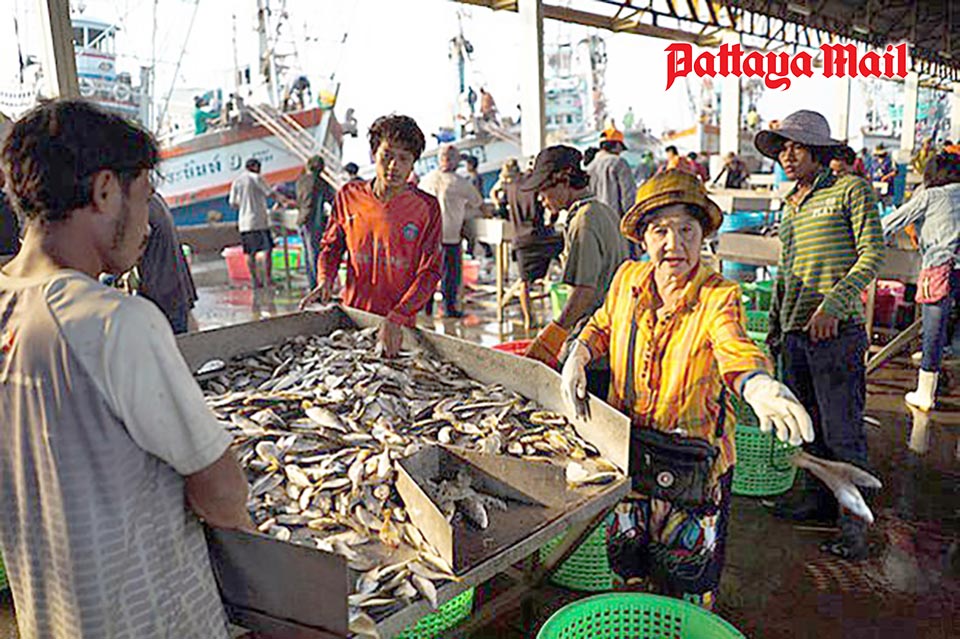
At least 500,00 economic migrants now in Thailand have not yet extended their permission to stay. An original deadline of the end of May has been extended to the end of July because of the huge backlog of applications, confusion on the part of workers and employers and overcrowding in hospitals where medical checks are made.
Most of the workers are from Myanmar, Cambodia and Laos under specific MOUs (memoranda of understanding) between Thailand and the respective governments. These agreements detail employment rights and benefits in return for proper registration procedures and official discouragement of illegal immigration. However, the window of opportunity has now been widened to include Vietnamese workers – found especially in Thailand’s fishing industry – even though there is no detailed MOU in place yet.
The migrants affected fall into three categories. The first are those who hold valid passports but have not renewed permission because they are currently unemployed or because of bureaucratic delays. The second category are those specifically covered by MOUs (excluding Vietnam) and the third – perhaps the biggest – are migrants who entered Thailand illegally and have never registered for labour and/or residence.
There is general consensus that the system of economic migrant permits needs urgent revision. The Thai economy is heavily dependent on workers from neighboring countries, but the registration process is months-long slow and costs individuals or their employers 20,000 baht. Under these circumstances, it is tempting for all concerned to ignore the regulations and work illegally even though, in theory, this is arrestable behaviour leading to deportation.
There is pressure on the incoming Thai government to revise the laws and create one-stop-shops where the voluminous paperwork covering passports, pink cards, health checks, police checks and registration with regional employment offices can be centralized. Many analysts say that the Move Forward candidate to become prime minister, Pita Limjaroenrat, would be more likely to win the support of Senators in his bid if he addressed pressing domestic issues rather than controversial matters such as amending the treason laws.






